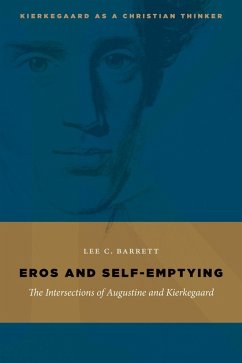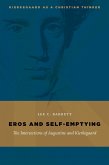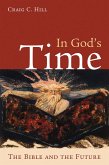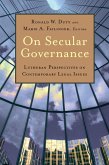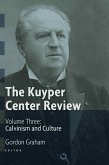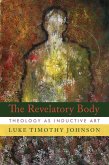A thought-provoking comparative take on two seminal thinkers in Christian historyIn this book -- the first volume in the Kierkegaard as a Christian Thinker series -- Lee Barrett offers a novel comparative interpretation of early church father Augustine and nineteenth-century philosopher-theologian Soren Kierkegaard.Though these two intellectual giants have been paired by historians of Western culture, the exact nature of their similarities and differences has never before been probed in detail. Barrett demonstrates that on many essential theological levels Augustine and Kierkegaard were more convergent than divergent. Most significantly, their parallels point to a distinctive understanding of the Christian life as a passion for self-giving love.Approaching Kierkegaard through the lens of Augustine, Barrett argues, enables the theme of desire for fulfillment in God to be seen as much more central to Kierkegaard's thought than previously imagined.
Bitte wählen Sie Ihr Anliegen aus.
Rechnungen
Retourenschein anfordern
Bestellstatus
Storno

